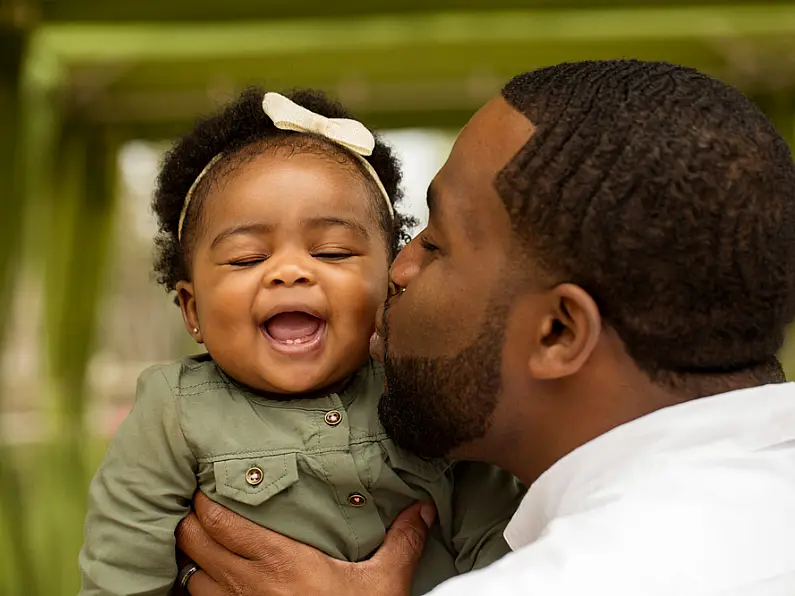Over the last decade or so, there has been quite a lot of attention and buzz on parenting styles.
So we are here to clear up some of the uncertainties and myths and to share more awareness on these different parenting styles in the hope it will help you on your parenting journey.
Generally, there are four main styles of parenting.
- Authoritarian Parenting: Authoritarian parents are famous for saying, "Because I said so," when a child questions the reasons behind a rule. They aren’t really interested in compromise and their focus is on obedience. Children do not get involved in problem-solving challenges or obstacles. Instead, the parents make the rules and enforce the consequences with little regard for a child's socio-emotional state. Authoritarian parents may use punishments instead of discipline. So, rather than teach a child how to make better choices, they may focus on making kids feel guilty or bad for their mistakes. Children who grow up with strict authoritarian parents tend to follow rules much of the time, but tend to do so at a price.
- Authoritative | Gentle Parenting: ‘Authoritative parents have rules and they use consequences, but they also take their children's opinions into account. They validate their children's feelings, while also making it clear that the adults are ultimately in charge. This is the approach backed by research and experts as the most developmentally healthy and effective parenting style. Authoritative parents invest time and energy into preventing behavioral problems before they start. They also use positive discipline strategies to reinforce positive behavior, like praise and reward systems.’
- Permissive Parenting: Permissive parents can be quite forgiving and they adopt an attitude of "kids will be kids." When they do use consequences, they may not make those consequences stick. They might give privileges back if a child begs or they may allow a child to get out of time-out early if they promise to be good. Permissive parents usually take on more of a friend role than a parent role. They often encourage their children to talk with them about their problems, but they usually don't put much effort into discouraging poor choices or bad behavior.
- Neglectful/Uninvolved Parenting : ‘Uninvolved parents tend to have little knowledge of what their children are doing. There tend to be few rules in the household. Children may not receive much guidance, nurturing, and parental attention. Uninvolved parents expect children to raise themselves. They don't devote much time or energy into meeting children's basic needs. Uninvolved parents may be neglectful but it's not always intentional. A parent with mental health issues or substance abuse problems, for example, may not be able to care for a child's physical or emotional needs on a consistent basis. At other times, uninvolved parents lack knowledge about child development - or they may believe that their child will do better without their oversight.’
These styles are usually measured by two metrics - Level of Acceptance and Level of Accountability.
- Authoritarian Parenting looks like high levels of accountability but low levels of acceptance
- Authoritative Parenting looks like high levels of accountability and high levels of acceptance
- Permissive Parenting looks like low levels of accountability but overly high levels of acceptance.
- Neglectful/Uninvolved Parenting looks like low levels of accountability and low levels of acceptance.
In understanding the different styles of parenting that are out there, as parents and caregivers we are able to make more informed decisions when it comes to raising our children.
We have access to so much more information than our parents did.
I hope this helped as it did during my research on which parenting style best suits myself and my child.







